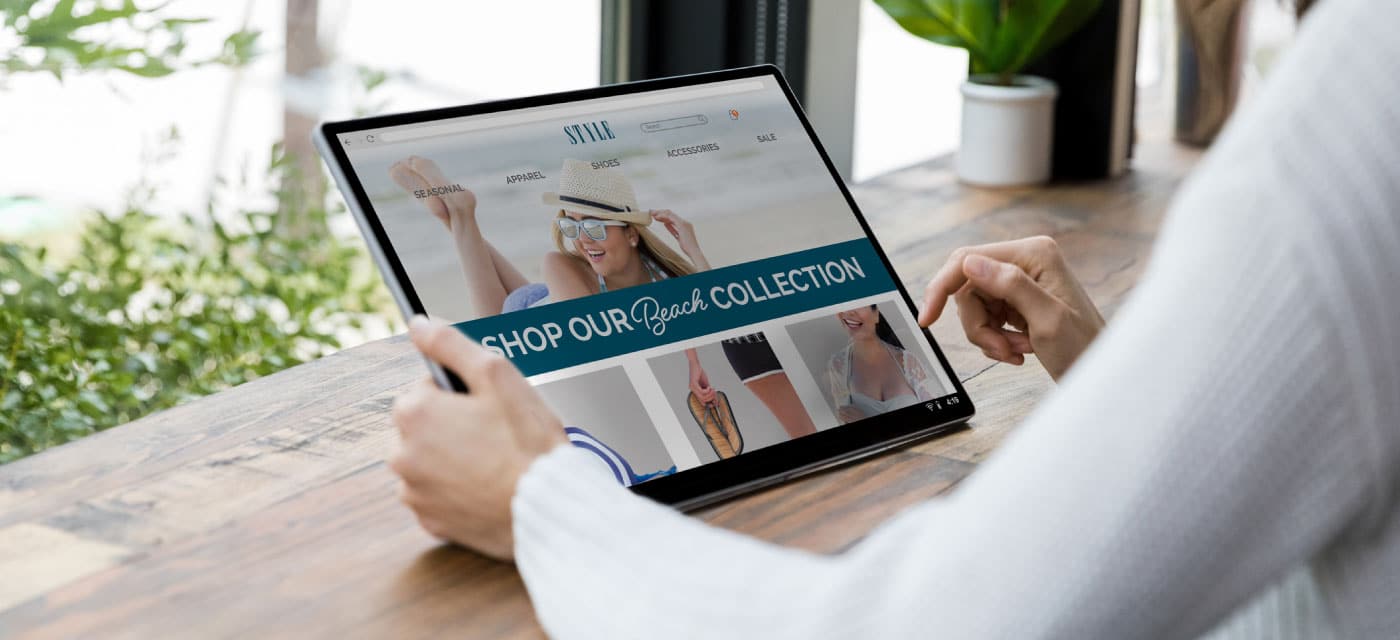Going Credit Card Free: Problem Solved Or Problems Created?
Credit cards used responsibly as part of a sound financial plan can be a helpful tool. Find out what it could cost by not having one.

A popular media financial advisor recommends destroying all your credit cards and living a life completely devoid of credit. He argues the high interest rates on credit cards pull money away from building wealth. While it may make sense to forego credit when viewed in this narrow way, it helps to look at all the factors involved in this kind of decision.
The main argument against credit cards by financial commentators — like the one mentioned above — is that credit cards allow overspending and thus incur high interest rates when the balance isn’t paid off immediately. However, this argument is similar to saying you shouldn’t own a car because it creates the opportunity to drive recklessly. A credit card used responsibly as part of a sound financial plan can be a helpful tool when building your financial future. Living without credit cards could mean:
A Much Harder Time Getting A Car, House, Or Personal Loan
Lenders generally want to see good credit before agreeing to loan a large sum of money. Most credit scoring models factor positively for successfully using a revolving account like a credit card. Higher interest rates will probably be the result if you don’t have a history of using a credit card judiciously (with on-time payments and low balances). In the final analysis, not having a credit card could end up costing thousands of dollars in higher interest payments. The positive benefits of good credit standing can also make it easier to rent an apartment or land a job.
Having Less Security
There are many benefits and consumer protections offered by credit card providers. For example, if you make a credit card transaction and don’t receive the goods or services promised, the credit card company may be able to step in and use their leverage to make sure the money is returned or a satisfactory outcome is reached. This potential money-saving protection can extend even after purchasing and receiving an item. In addition, some credit card companies offer extended warranties on items purchased on the card.
Not Having Access To Funds In An Emergency
The old saying tells us the only guarantees in life are death and taxes. This ignores unexpected significant emergency expenses, which are also sure bets. The best bet to deal with these situations is to establish an emergency savings account. Having a credit card also provides the ability to quickly pay for things like sudden car repairs or booking transportation quickly to help a loved one in need. Without a credit card, it could take much longer to access the funds needed. A loan with unfavorable terms may be the last option.
Losing Money
Although they aren’t often thought of in this way, when used wisely, credit cards can be a way to put more money into our bank accounts. The most obvious way to do this is to use a cash rewards credit card to earn cashback on purchases. In addition, many online retailers only accept payment via credit card for deeply discounted merchandise needed in your day-to-day life. Without a credit card, the bargains may disappear.
Pro tip: A solid strategy is needed to ensure credit card rewards do not raise the overall price of using credit. The strategy should include tracking expenses paid with the credit card to ensure there is sufficient money saved each month to pay the balance in full. Not paying off credit card balances within the grace period will likely cost more than the cash gained in rewards. Credit scores are decreased when credit card balances are more than 30% of the credit limit—which could decrease credit opportunities and/or raise the price of future purchases made with credit.
No one knows your financial habits and preferences better than you. When deciding on whether or not to use a credit card, make sure to be aware of all the potential benefits and drawbacks of each option. Then, weigh the options available and choose the best course to ultimate financial success.
Copyright BALANCE.
Related Articles
Your Guide To Buy Now, Pay Later Apps

Find out what you need to know about this popular checkout option.
Essential Questions For Loans: What To Ask Before Borrowing

It’s important to be aware of a loan’s ins and outs before accepting it. Use these key questions for loans to help you understand and compare your options.
Why Reviewing Your Credit Report Regularly Is Key

Credit reports influence your credit score and can help you spot identity theft red flags. Learn more on why reviewing your credit report regularly is key.
